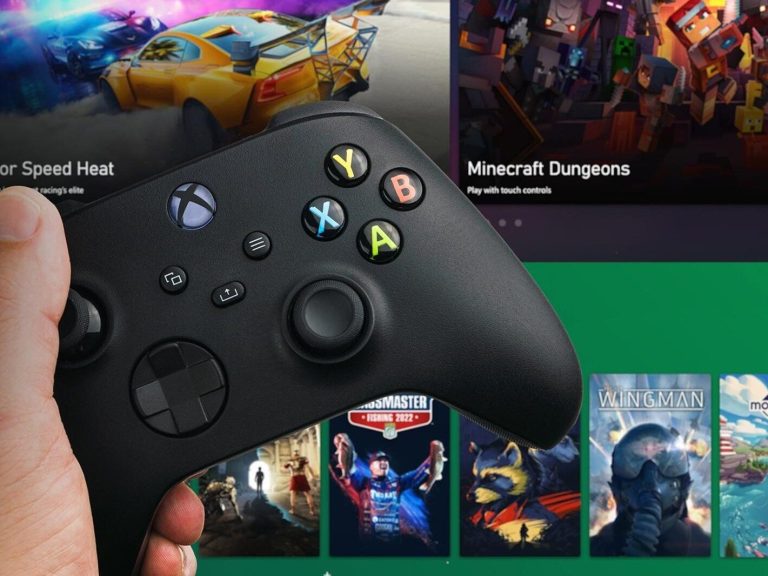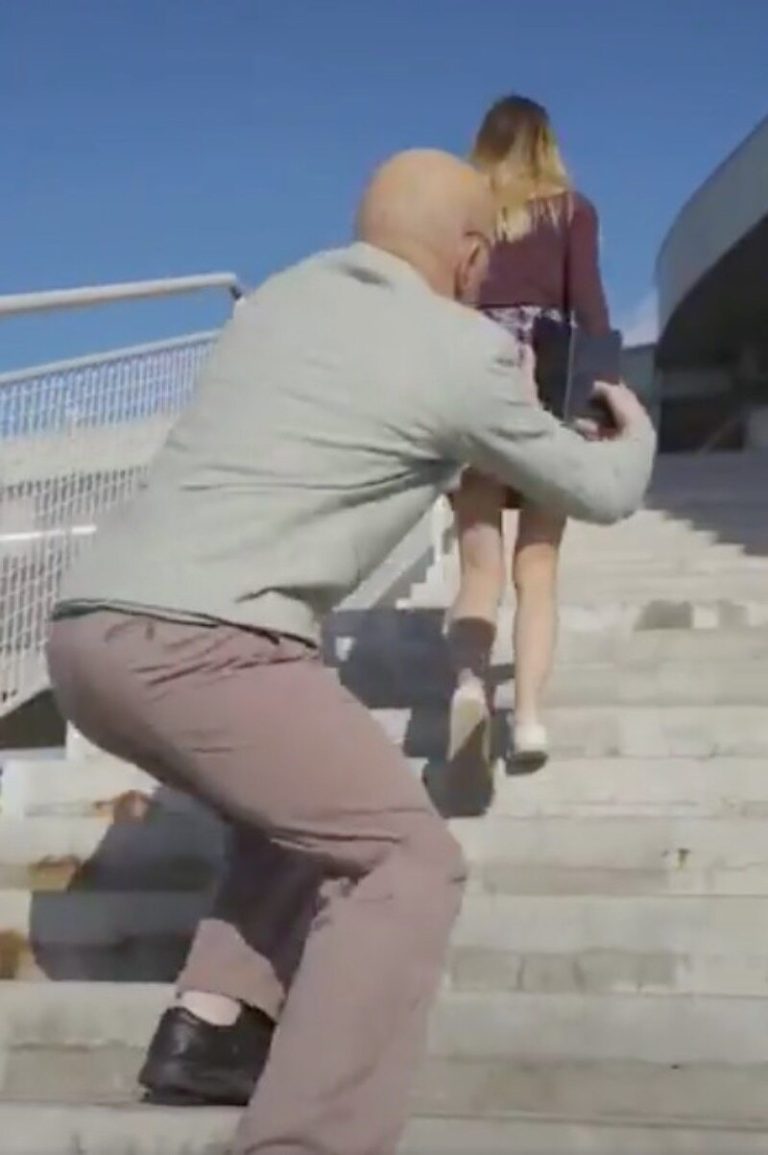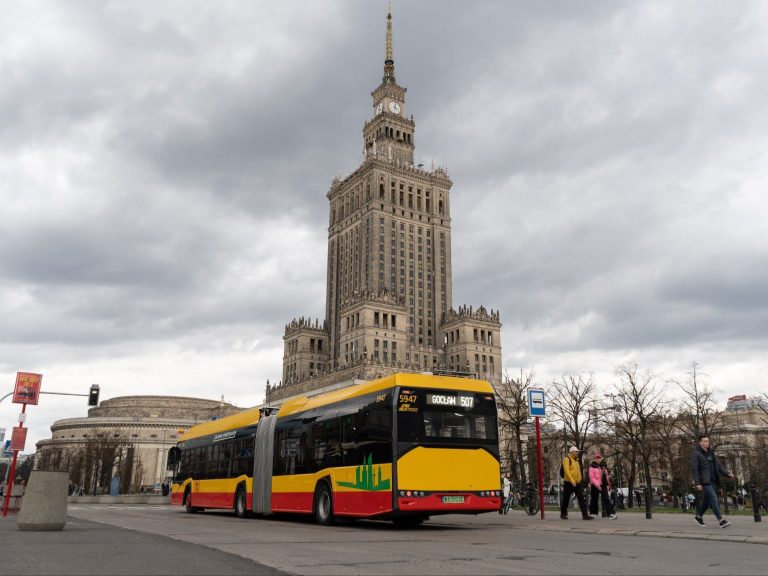Where can a young scientist obtain funds for research? There are many possibilities!

Young scientists from various fields of science often ask themselves how to finance their first research. Fortunately, they can find many different grants, scholarships and awards designed just for them.
At the beginning of every researcher’s career, it is essential to find a source of financing for their projects. There are many opportunities in Poland to find places where a young scientist can obtain funds for his or her research. We present some of the most important ones.
NCN competitions for young scientists
The National Science Center is a state institution that finances many different research projects carried out by Polish scientists. The NCN has a statutory obligation to support young scientists, allocating no less than 20% of its available funds to support the development of people starting their scientific careers.
Usually, recruitment for the SONATA competition lasts until December 15 each year, which finances projects of people with a doctoral degree who obtained it 2 to 7 years before the year of submitting the application. Young scientists can submit projects to one of 25 NCN panels divided into three sections: humanities, social sciences and art; exact and technical sciences and life sciences.
Projects covering basic research lasting one, two or three years are financed. The project must be carried out as part of employment under an employment contract in a specific research unit. There is no maximum budget in the competition, but the cost estimate must be justified by the subject and scope of the research and based on real calculations. The total budget of the competition is PLN 120 million.
Every year in December, the NCN also announces the SONATINA competition, addressed to people who hold a doctoral degree obtained in the year of submitting the application or up to 3 years ago. The project can be submitted for two or three years in thematic areas corresponding to those of the SONATA competition. The maximum budget has not been specified in this case either.
In March, the PRELUDIUM competition is announced for research by scientists who do not hold a doctoral degree. Under it, you can obtain a grant of a maximum of PLN 70,000 (for a project lasting one year), PLN 140,000 (two years) or PLN 210,000 (three years). The thematic scope of the project may, similarly to previous NCN competitions, include 25 NCN panels divided into three sections: humanities, social sciences and art; exact and technical sciences and life sciences.
Not only young scientists individually, but also doctoral schools can apply for research support under the PRELUDIUM BIS competition. Its aim is to finance research projects carried out by doctoral students as part of their doctoral dissertations. The budget of such projects may include research funds in the amount of PLN 300,000. This year’s recruitment lasts until December 15, 2022.
In the context of the support for young scientists provided by the NCN, it is also worth mentioning the award for the best young scientists. Prize in the amount of 50,000 PLN is awarded every year to scientists up to the age of 40.
In 2022, the NCN award in the field of humanities, social sciences and art was awarded to Dr. Hab. Karolina Safarzyńska, prof. UW for innovative theoretical models enabling the study of the impact of bounded rationality, diversity of preferences and social interactions on climate policies; the award in the field of exact and technical sciences was awarded to dr hab. Piotr Wcisło, prof. Nicolaus Copernicus University for developing a new method for searching for dark matter using optical atomic clocks, and the award in the field of life sciences went to Dr. Hab. Michał Bogdziewicz, prof. Adam Mickiewicz University for research on the ecology of tree reproduction in the light of climate change.
NCRD LEADER program
Another program addressed to young scientists is the LIDER program implemented by the National Center for Research and Development. The program is intended to enable young scientists to expand their competences in independently planning research work and managing their own research team.
Subsequent editions of the program are announced every year. The program is addressed to doctoral students and doctors who obtained their doctoral degree no more than seven years before submitting the application. The project can be co-financed up to PLN 1.5 million and may last from one to three years. A young scientist who becomes a project manager must recruit a scientific unit to cooperate with him and his team for the duration of the project.
At the end of November 2022, the winners of the latest 13th edition of the LIDER program were announced. Financing was granted to 49 projects, the total amount of which was PLN 71,302,491.11.
Most of the funding granted concerns projects in the field of science, technology and medicine. The application entitled “Proecological technology for the recovery of critical and strategic metals from petrochemical catalysts with a reduced carbon footprint achieved by using hybrid separation methods” received the most points in this edition. For the implementation of the project, NCBR granted funding in the amount of PLN 1,494,362.50. The project will be implemented in the Łukasiewicz Research Network – Institute of Non-Ferrous Metals.
Support from the Ministry of Education and Science
Doctoral students, academic teachers without a doctoral degree or who have obtained a doctoral degree within 7 years of obtaining it, may receive scholarships from the Minister of Education and Science for outstanding young scientists. For this purpose, certain significant achievements in scientific activity must be achieved.
The application for a scholarship for the next year is submitted between December 1 and December 31. The scholarship is awarded for a period no longer than 3 years and its maximum amount is PLN 5,390 per month. The scholarship is awarded only once. In 2022, scholarships were awarded to 215 young scientists, including 37 PhD students. The ministry allocated nearly PLN 42 million to finance them.
In 2022, the Ministry of Education and Science also accepted applications under the “Pearls of Science” program for the first time. It replaced the previously existing “Diamentowy Grant”.
It is not individual scientists who apply for funding under the “Pearls of Science”, but universities and institutes which, thanks to it, can enable their particularly talented graduates of first-cycle studies or students after completing the third or fourth year of uniform master’s studies to finance scientific research under the supervision of a scientific supervisor.
Projects applying for funding cannot be implemented for longer than 4 years. The cost of their implementation in the field of medical, exact and natural sciences, engineering and technology or agriculture cannot exceed PLN 240,000, and in the field of humanities, social sciences, theology and art – PLN 200,000.
START program of the Foundation for Polish Science
The Foundation for Polish Science, in turn, finances annual scholarships for outstanding young scientists at the beginning of their scientific careers. Scientists applying for a scholarship must be PhD students, Ph.D.s or carry out research and development work in specific entities. They must also have documented scientific achievements, i.e. articles in recognized scientific journals or books.
The Foundation awards approximately 100 annual scholarships in the competition, ranging from PLN 28,000 to PLN 36,000. zlotys per year.
There are many more ways to finance the research of young scientists
The above-mentioned programs, grants and scholarships are, of course, only part of the financial support that young scientists can obtain for their research. In addition to the most popular ones mentioned above, there are also other support programs for young scientists. These also include, for example, EU-funded grants from the European Research Council, including the Starting Grant for young scientists
However, young scientists can also benefit from many other support programs addressed to all scientists. There are many such Polish and international grants intended for various purposes, including: many competitions of the National Science Center, the National Center for Research and Development, or programs of individual ministries, such as the National Program for the Development of the Humanities. There are also programs that ensure the mobility of scientists, such as the National Agency for Academic Exchange (NAWA).
Scholarships, grants and financial awards for scientific achievements are awarded not only by state or European institutions, but also by various funded foundations, often operating in private companies. Many grant programs financed by state and private donors can be found via the eurodesk portal search engine.






